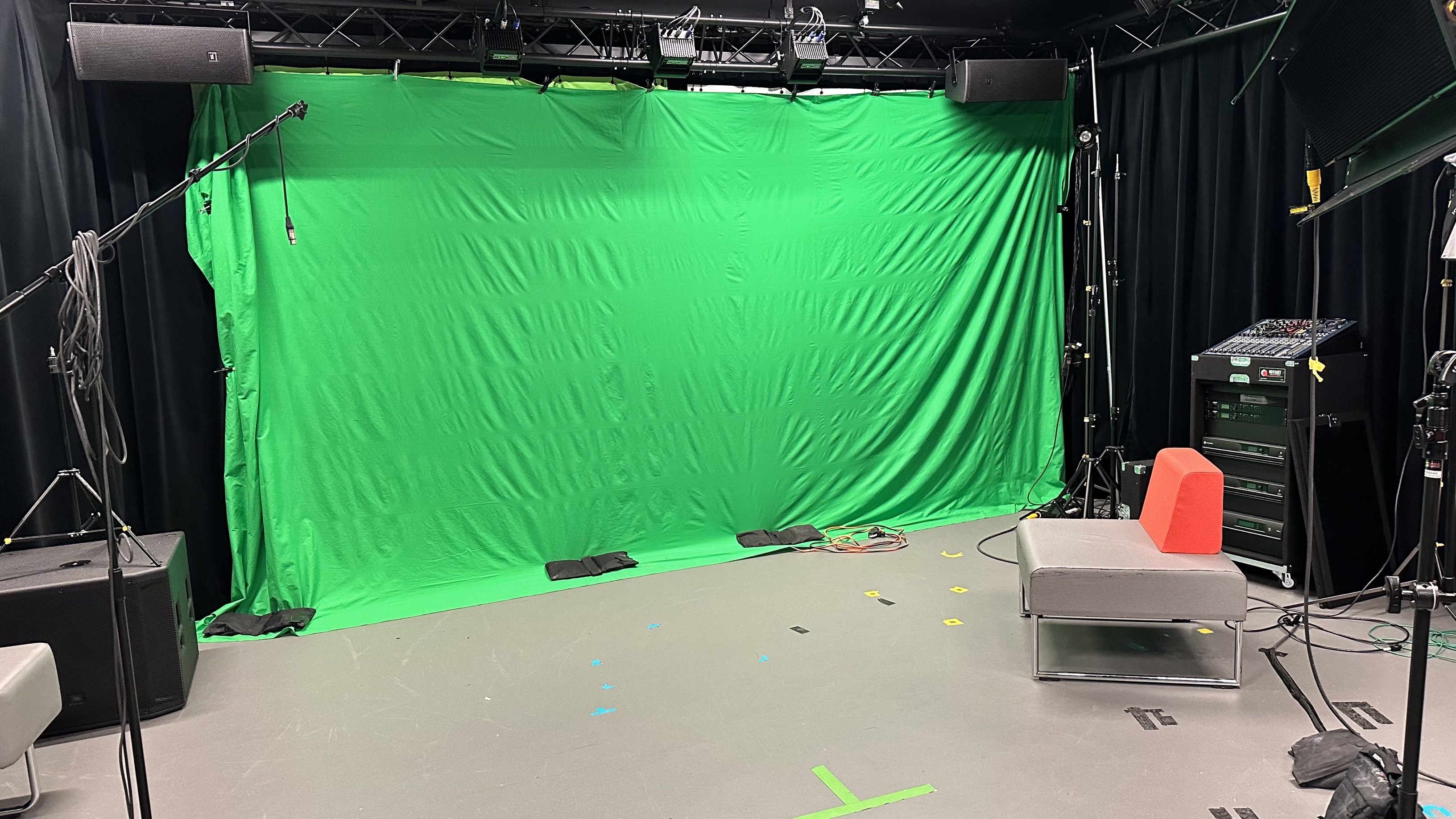Insights from Simon Fraser University’s Center for Educational Excellence: Exploring New Frontiers in Teaching and Learning
2024/1/9
Michal MAZUR (Asst. Prof.)
Established in 1965, Simon Fraser University (SFU) has consistently upheld its reputation for academic excellence in Canada. Their Centre for Educational Excellence (CEE) is no exception. During a recent three-day visit to SFU, our primary aim was to familiarize ourselves with the programs and initiatives of their CEE and gain classroom insights.
This visit was particularly invaluable for our Center for Teaching and Learning, offering a perspective that can greatly enhance our own programs and services. Rooted in SFU's early commitment to innovative education, the CEE has been pivotal in shaping educational practices within the university and the broader academic community.
Beyond the academic richness, the SFU campus is an architectural marvel at Burnaby Mountain. The panoramic views of the surrounding city, mountains, and waters offer an inspiring backdrop for learning. This serene environment amplifies the educational experience, merging nature with academic pursuits. It was enlightening to see how the CEE, reflecting SFU's long-standing legacy, supports and fosters educational innovation.

Picture: Simon Fraser University
Classroom Insights
One of the most enriching aspects of our visit was the opportunity to witness firsthand the dynamic teaching methodologies employed across various disciplines at SFU:
Biological Sciences: In this tutorial, facilitated by Dr. Megan Barker, students were active participants in the learning process. Drawing from her foundational belief that people learn best by doing within the context of focused interaction and feedback, Megan employs a blended flipped model. This instructional approach first exposes students to the material outside of class, maximizing in-class time for collaborative feedback, practice, and interaction.
This tutorial, centered around a team-based design problem, is a good example of Megan's innovative methodology. Her pedagogical prowess has been acknowledged at the institutional level, with her receipt of formal recognition from the Dean’s office for exceptional teaching. Megan's forward-thinking approach extends beyond this; she is currently developing a course for grad students on teaching in science, further showcasing her commitment to advancing education.
Human Population Genetics and Evolution: Led by Dr. Mark Lechner, this class offers a comprehensive look into human genetics, origins, and diversity. The course uniquely intertwines human history with genetic variation, emphasizing the impact of evolution on health and disease. By its conclusion, students gain a robust understanding of human heredity principles, the role of evolutionary components in human health, and the ability to critically evaluate evidence for human evolution. Dr. Lechner's rich expertise enhances the depth and breadth of the subject, making it both informative and engaging.

Picture: Dr Barker's Biology Class
Criminology, Qualitative Research: Dr. Dawn Rault showcased an exemplar of active learning in her large Criminology class. The theme, "Views on drug decriminalization in British Columbia," didn't merely serve as a lecture point but ignited vibrant, student-driven discussions. Three particularly provocative discussion questions emerged: the interpretation of a tattoo as genuine medical intent, the ethical ramifications of bonus credits awarded to students participating in research, and the age-appropriate benchmark for research consent.
The advantage of embedding such timely, real-world issues into the curriculum fosters a critical thinking environment, ensuring students aren’t just passive absorbers of information but active analyzers, synthesizers, and challengers of prevailing thoughts. Such methods promote deep, transformative learning, and can be a key highlight for educators in our faculty development programs. By introducing fellow educators to these dynamic pedagogical strategies, we empower them to craft classes that resonate with the present-day context and prepare students for nuanced, informed debates in the broader world.

Picture: Active learning during Dr Rault's Criminology lecture
Lunch and Engagements with CEE
The luncheon with a few prominent CEE members was a rich exchange of ideas and best practices. During our discussions, we exchanged opinions and information about our respective facilities. Recent topics, such as the potential and implications of using ChatGPT in academic settings, became focal points of our conversation.
We also delved into pressing educational issues, such as Teaching Assistant training, Preparing Future Faculty programs for graduate students, and the importance of intercultural communication education. Gleaning insights from these discussions provided avenues for our Center to consider and integrate into our ongoing mission and objectives.

Picture: Meeting with members of SFU's CEE
Ungrading in Biology - A New Perspective on Assessment?
During a faculty-led seminar series at SFU, focused on undergraduate teaching and learning, "Teaching Matters: Ungrading in Biology" by Celeste Leander and Tessa Blanchard was a highlight. This series, a part of the Center for Educational Excellence (CEE), emphasizes innovative, inclusive, and reflective teaching methods. The seminar introduced the 'ungrading' approach, which moves away from traditional grading to focus on deeper understanding and learner-centric assessment. This approach aligns with CEE's commitment to rethinking educational paradigms. The semester's program also includes topics like ChatGPT, preparing students for midterms, and addressing multilingualism in classrooms.
Technological Advancements in CEE
The CEE's AV Room showcases SFU's approach to elevating post-COVID education with advanced technology. With tools like the green screen, which offers varied background options to enrich visual lecture experiences, and the lightboard, allowing educators to interactively write or draw while facing their students, lessons become far more engaging. The availability of voice-over recording equipment further adds depth to multimedia presentations. Adopting such state-of-the-art tools in modern Centers for Teaching and Learning helps faculty offer dynamic and immersive learning experiences for students.

Picture: Green Screen technology in CEE's AV Room
Reflecting on our visit, our Center for Teaching and Learning is inspired by SFU and CEE's insights and pioneering techniques, prompting us to consider new initiatives and programs. We are enthusiastic about continuing the fruitful collaboration with CEE in the future, with plans to bring their expertise to Hokkaido University during some upcoming faculty development events.

